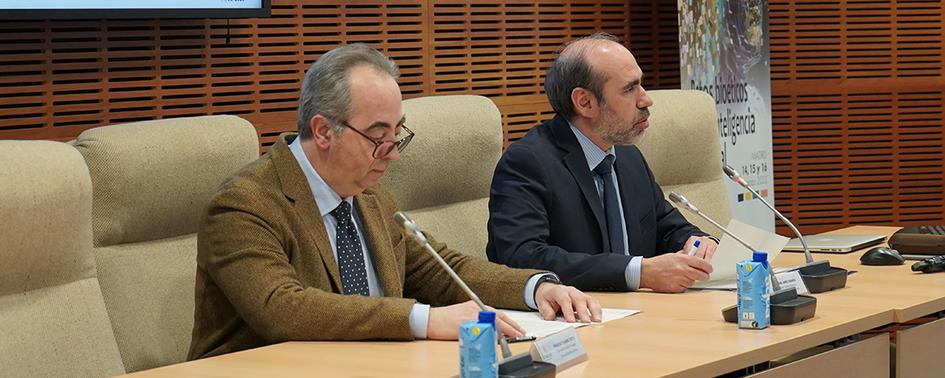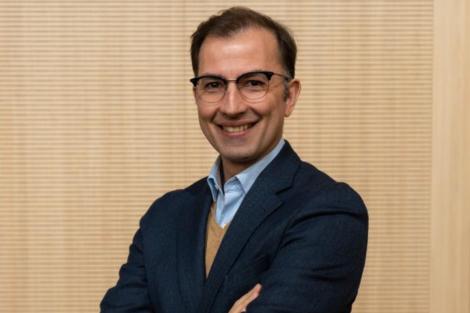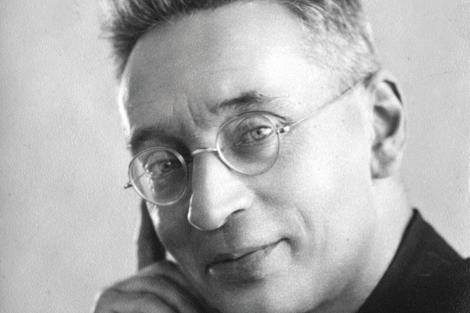Comillas and the ethical challenge of AI
The Chair in Bioethics addressed the ethics of artificial intelligence in healthcare

Francisco Ramírez, dean of the Faculty of Theology at Comillas, and Rafael Amo, director of the Chair in Bioethics
21 March 2023
Now that artificial intelligence (AI) not only answers our questions in a coherent way, but is able to make indistinguishable what is real from what is not and can be used in the medical field, it is necessary to consider the ethical challenges involved. That was the intention of the XXXVI Interdisciplinary Seminar on Bioethics that the Chair in Bioethics from the Theology Faculty (Comillas CIHS) organised.
“In this scenario, it is normal, and maybe convenient, for us to be scared, to stop to think, and to consider the foreseeable consequences of what we are creating” said Francisco Ramírez, dean of the Faculty of Theology during the opening of the Seminar, which was supported by Sanitas.
In the words of Rafael Amo, director of the Chair in Bioethics at Comillas, “AI has a disruptive nature and might probably be a turning point in matters related to bioethics”. Monsignor Renzo Pegoraro, of the Pontifical Academy for Life, also spoke on this subject, giving his institution’s view on artificial intelligence.
One of the ideas that thrived over the three sessions of the seminar was that we can be devoured by the fruits of our own capacities, and sometimes the wisdom lies in setting limits, channelling them and thinking about the foreseeable consequences. As the speakers agreed, “with all the risks and fears that this reality brings, a field where benefits are evident is the artificial intelligence applied to health science, pharmaceutical and medical research and surgical procedures”.
After several round tables in which experts from different areas and companies talked about health, autonomy, justice or privacy, the seminar served to “choose the topics the artificial intelligence is posing to bioethics, as well as the damage, bias, inequality and challenges that the application of artificial intelligence in health has when it comes to making artificial intelligence ethical, reliable and robust” according to Rafael Amo.
Related news

Professor and Vice-Dean of the Faculty of Theology Pedro Castelao gave this lecture at the Faith and Development Theology Week (Valladolid) of Jesuitas Castilla y León

Fernando Millán, Professor and Director of the U. Institute of Spirituality, publishes this work with Editorial Encuentro

Professors Nurya Martínez and Gabino Uríbarri comment on the devotion and worship of the Sacred Heart of Jesus, the central theme of Pope Francis' fourth encyclical
